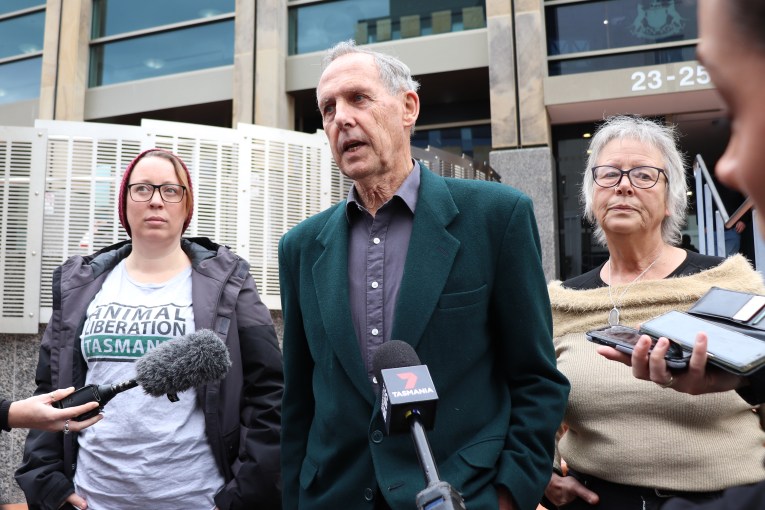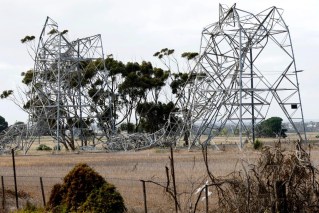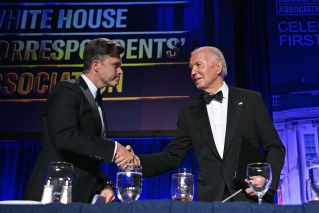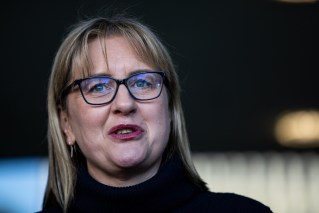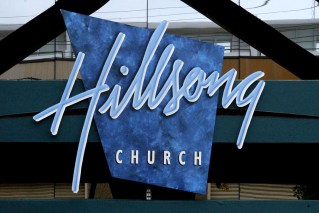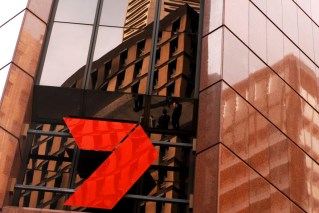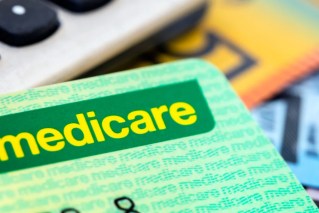Australia’s most memorable moments revealed: study

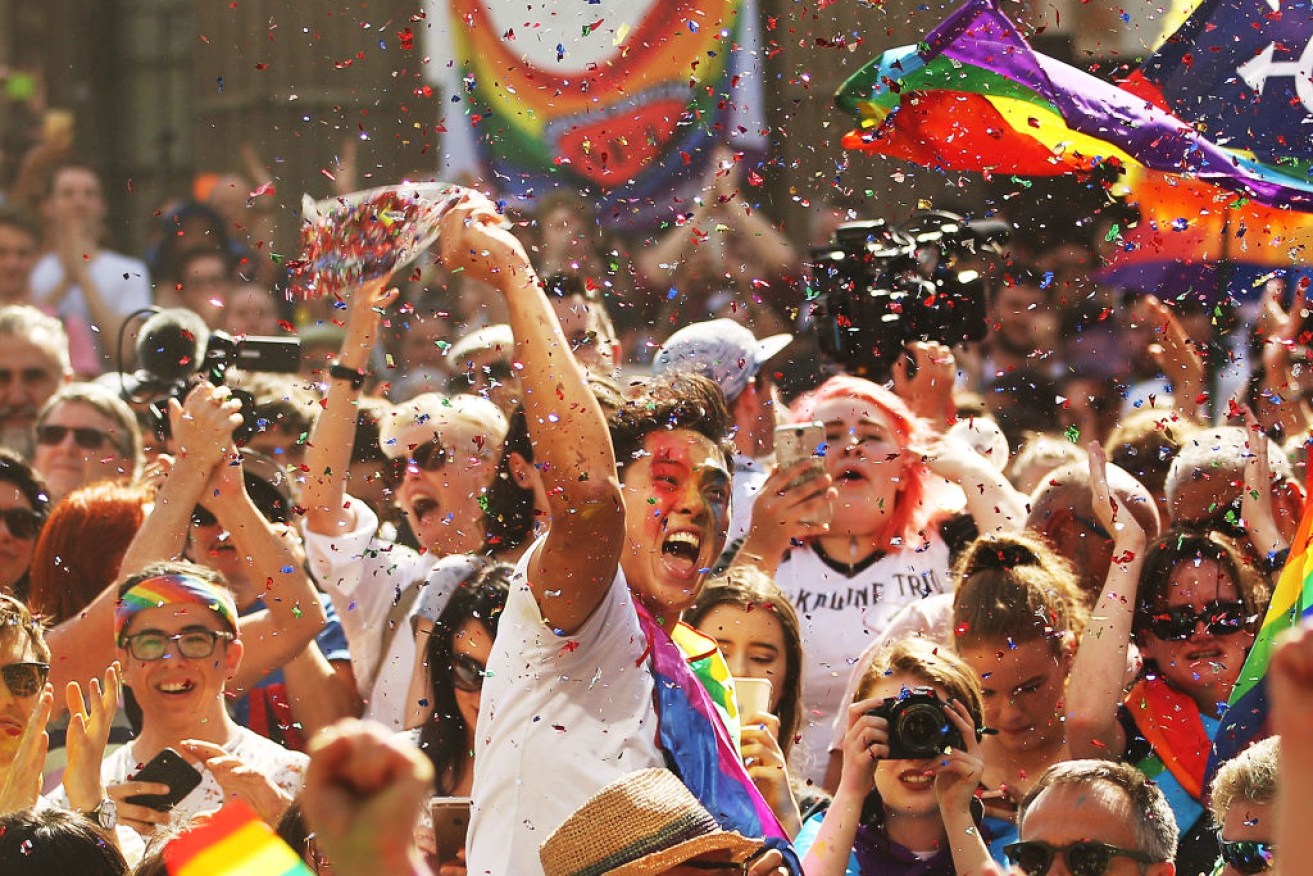
The same-sex marriage vote was named among the most memorable moments in Australia's history. Photo: Getty
A new study has revealed the most significant events in Australia’s history, according to a panel of 2000 people.
Social Research Centre and Australian National University researchers asked its Life In Australia panel to name up to 10 historic events in their lifetime that have had the greatest impact on the nation.
Topping the list was same-sex marriage reform, which 30 per cent of respondents included, followed by the September 11 attack (27 per cent) and the National Apology to the Stolen Generations (13 per cent).
Of the 2074 members of the panel, the youngest panel participant was 18 years old and the oldest was aged 93.
“Given the proximity of the Historic Events Survey to the same-sex marriage postal survey and subsequent announcement of the results, it perhaps comes as no surprise that same-sex marriage is the most frequently mentioned historic event,” the researchers said in their report.
Unsurprisingly, the results varied depending on the respondents’ ages.
Those from the Silent Generation (aged 72 to 93 in 2017) were most likely to nominate World War II while for Baby Boomers (aged 53 to 71 in 2017), the most common response was the Vietnam War.
Same-sex marriage was the most historic event for anyone born after 1980 (Millennials, Generation Y and Z). For Generation X-ers (aged 38 to 52 in 2017), it was September 11.

The 2001 attack on the Twin Towers shocked the world. Photo: Getty
Notably, the responses also varied depending on where the respondents lived, the researchers said.
For example, New South Wales residents were far more likely to mention the Sydney Olympics or the Lindt Cafe Siege, while Victorians were far more likely to nominate the Black Saturday bushfires.
They were also more likely to include sporting events than those from New South Wales.
The Port Arthur Massacre was the most-nominated event by Tasmanians (32 per cent compared to 13 per cent nationally) whereas the Queensland floods made the top 10 in that state but not Australia-wide.
In South Australia, respondents were nearly twice as likely to list the Moon Landing. For Western Australia, 16 per cent picked the America’s Cup win while 13 per cent chose the Bali Bombings, two events that missed the national top 10.
The researchers also found that Australians were more likely to mention the Global Financial Crisis as their income increased.
Coalition voters were also more likely to nominate the 2001 terrorist attack, with Labor and Greens voters opting for same-sex marriage.
When asked to nominate the event that made them most proud to be Australian, the same-sex marriage vote was selected by 13 per cent of respondents, followed by the Sydney Olympics (10 per cent) and America’s Cup win (7 per cent).
“The main force at play when it comes to our consideration of the nationally significant events of our lifetime pertains to human rights and civil liberties, with issues of this nature mentioned by 45 per cent of Australians,” the researchers said.
“The next most prevalent theme shaping our perceptions of history, and in this case our everyday experience, is that of terrorism.
“While the events of September 11 dominate, the Bali bombings, the Lindt Café siege, the War on Terror and the emergence of ISIS also figure prominently.”
Top 10 historic events
- Same-sex marriage 30%
- September 11 27%
- The Apology 13%
- Port Arthur Massacre 13%
- 2000 Sydney Olympics 12%
- The Dismissal 12%
- Vietnam War 11%
- Moon landing 9%
- The internet / WWW 9%
- America’s Cup win 8%; Global Financial Crisis 8% First female PM 8%
Near misses (all 7%): Bali bombings, Gun law reforms, Lindt Café siege and World War 2.
